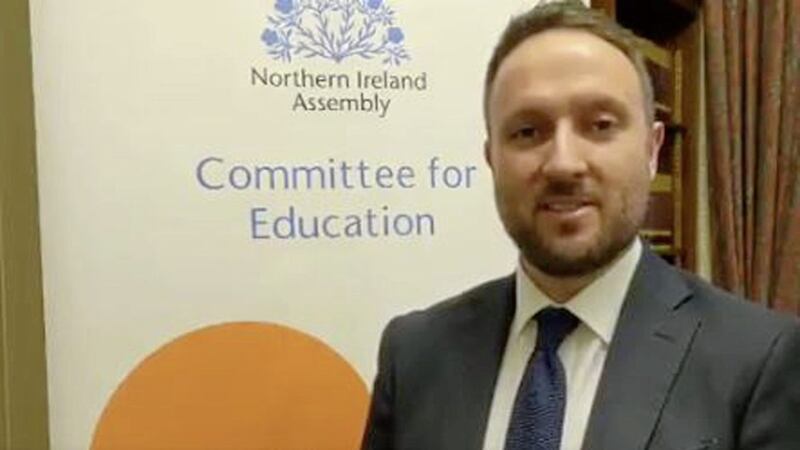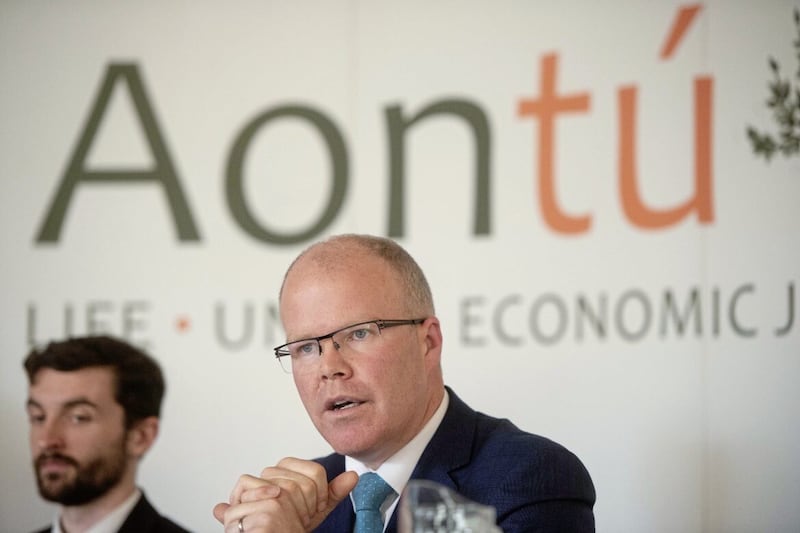PLATFORM
Chris Lyttle Alliance MLA
Chair of Assembly Education Committee
THE ongoing coronavirus pandemic has impacted every aspect of our lives but perhaps one of the most long-lasting consequences it may have relates to the education of children and young people.
Many schools are closed and dedicated teachers and parents are doing their best to facilitate distance learning for students.
Previous opportunities to end the use of one-off, high stakes, non-resit transfer test have been missed, and children aged 10 and 11 are now required to complete two unregulated sets of tests, preparation for which would normally be underway. Due to Covid-19, we have seen the issue of exams in our schools, including transfer tests, put front and centre again.
GCSE, AS and A2 results will all be assessed by teachers and not exams. But to date, plans for tests to transfer pupils from primary to secondary education remain in place. If teachers are professionally capable of providing a report for one set of pupils, why not others?
The Education Minister has acknowledged the potential inequality in this approach but does not yet accept responsibility for reform.
He has claimed – both in the Assembly and this newspaper – he is unable to prevent private companies from running tests. However, as he has cancelled GCSE, AS and A2 examinations, he can and ought to legislate to reform the use of this approach as criteria for post primary admission.
The minister, Peter Weir, is clearly in favour of the transfer tests. Earlier this year, he stated he supported the right of schools to select on the basis of academic ability, going on to encourage selective schools to work together to create their own single system of transfer test.
This major global public health emergency has the potential to further disadvantage children without the capacity to access private preparation for these tests, as highlighted in Stranmillis University College’s Educational Underachievement in Northern Ireland report, which states ‘access to and performance in the transfer tests, and eventual placement in a grammar school, were found to be mediated by socio-economic status’.
Social isolation is saving lives that would otherwise be lost to Covid-19 but likewise it is challenging an education system already in need of significant resources and reform.
We must all consider how we respond to this situation to deliver an agile, equitable and integrated education system that gives every child in our community the equal opportunity to develop their individual personality, talent and ability to the fullest potential.








